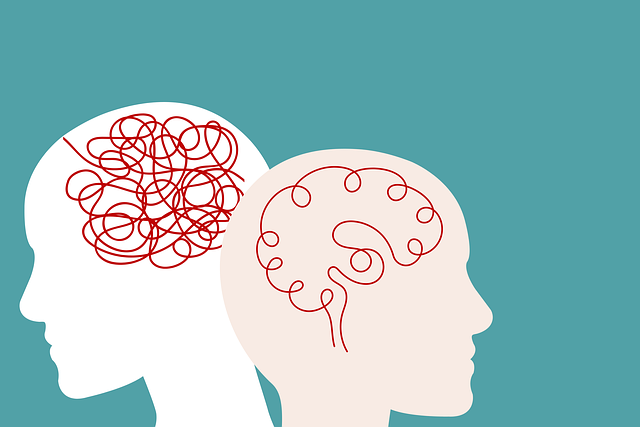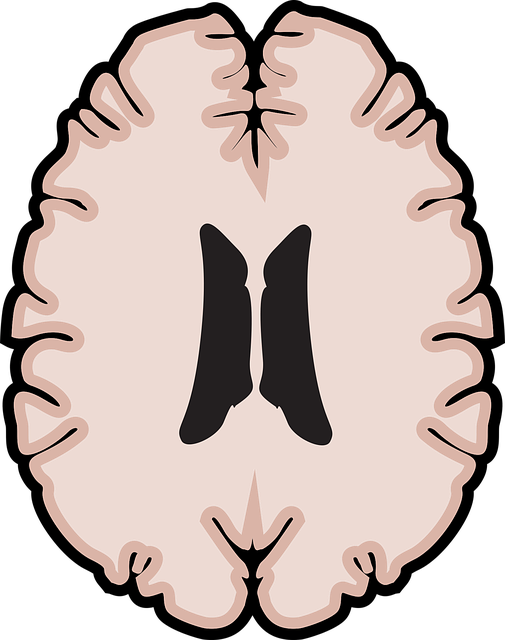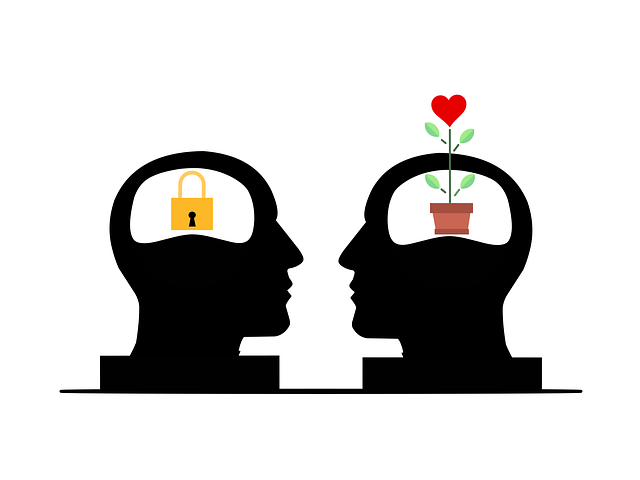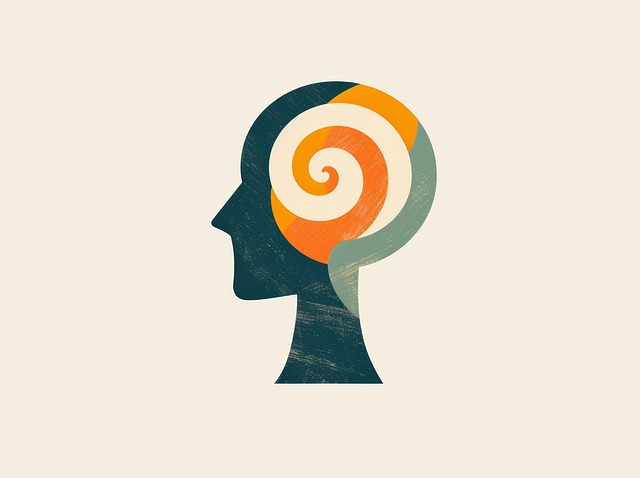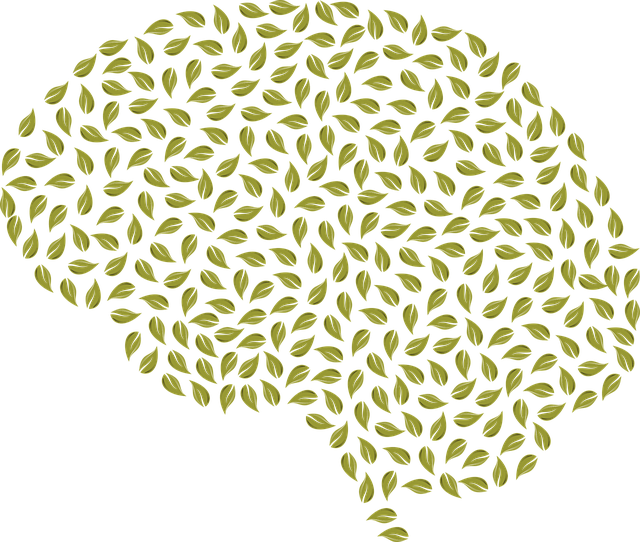Managing anxiety in young adults with learning disabilities requires tailored support due to unique challenges, including social pressures, academic demands, and daily living skills. CBT offers structured coping strategies by addressing negative thought patterns, while mindfulness techniques focus on present-moment awareness to reduce worry. Building supportive networks and implementing lifestyle changes, like routines, exercise, and sleep habits, enhance long-term anxiety management. Tailored therapy programs combining cognitive restructuring, behavioral techniques, and visual aids are essential for improving well-being in this demographic.
Anxiety among young adults with learning disabilities is a growing concern, but effective management techniques can significantly improve quality of life. This article explores strategies tailored to this demographic, focusing on Cognitive Behavioral Therapy (CBT), mindfulness practices, and lifestyle adjustments. Understanding anxiety in young adults with learning disabilities is the first step towards implementing powerful tools like CBT, which offers structured approaches to challenge negative thought patterns. By combining these methods with supportive systems, individuals can achieve long-term anxiety management.
- Understanding Anxiety in Young Adults with Learning Disabilities
- Cognitive Behavioral Therapy (CBT): A Powerful Tool for Managing Anxiety
- Mindfulness and Relaxation Techniques for Calming the Mind
- Building Support Systems and Lifestyle Changes for Long-Term Anxiety Management
Understanding Anxiety in Young Adults with Learning Disabilities

Understanding anxiety among young adults with learning disabilities is essential for implementing effective management strategies. These individuals often face unique challenges that contribute to heightened levels of stress and anxiety. Learning disabilities can make daily tasks more demanding, impacting their self-esteem and confidence. As a result, they may struggle with social interactions, academic pressures, or even basic life skills, all of which can lead to increased feelings of anxiety. Recognizing these barriers is crucial in providing the right support.
Therapy for young adults with learning disabilities should focus on building resilience and teaching anxiety relief techniques tailored to their specific needs. Stress management workshops designed by organizations specializing in this field can be incredibly beneficial. These workshops often utilize visual aids, practical exercises, and simple language to help participants understand and manage their anxiety effectively. By participating in such programs, young adults can gain valuable coping mechanisms, improve their problem-solving skills, and develop a stronger sense of self-efficacy, ultimately fostering a more positive and supportive environment for their overall well-being.
Cognitive Behavioral Therapy (CBT): A Powerful Tool for Managing Anxiety

Cognitive Behavioral Therapy (CBT) has emerged as a highly effective tool for managing anxiety, particularly among young adults with learning disabilities. This form of therapy focuses on identifying and challenging negative thought patterns that contribute to anxious feelings. By helping individuals recognize and replace irrational thoughts with more realistic and balanced perspectives, CBT empowers them to effectively cope with anxiety-provoking situations.
For those seeking trauma support services or stress management workshops, CBT offers a structured approach that combines cognitive restructuring with behavioral techniques. This comprehensive method not only addresses the symptoms of anxiety but also teaches valuable conflict resolution techniques that can enhance overall well-being. Through CBT, young adults with learning disabilities can gain the skills needed to navigate challenging situations, manage stress, and promote positive mental health outcomes.
Mindfulness and Relaxation Techniques for Calming the Mind

For individuals with learning disabilities navigating anxiety, mindfulness and relaxation techniques offer a powerful tool to calm the mind and gain control. These practices, often used in therapy for young adults with learning disabilities, focus on bringing attention to the present moment, thereby reducing worry about the past or future. By cultivating mindfulness, one can develop inner strength and resilience, essential components in managing anxiety symptoms.
Techniques such as deep breathing exercises, progressive muscle relaxation, and guided imagery help individuals disconnect from anxious thoughts and create a sense of calm. These practices are not only beneficial for mental health but also enhance overall well-being. Healthcare provider cultural competency training emphasizes the importance of tailoring these techniques to individual needs and considerations, ensuring effectiveness in managing anxiety within diverse populations.
Building Support Systems and Lifestyle Changes for Long-Term Anxiety Management

Building supportive networks is a vital component of long-term anxiety management, especially for young adults navigating therapy for learning disabilities. Connecting with like-minded individuals who understand the unique challenges can foster a sense of belonging and provide valuable peer support. Many mental wellness coaching programs are designed to help individuals develop these systems, offering guidance on effective communication strategies and building meaningful relationships. These connections can serve as a reliable source of emotional support, encouragement, and accountability during the journey towards managing anxiety effectively.
Lifestyle changes play a significant role in depression prevention and overall mental health maintenance. For young adults with learning disabilities, creating structured routines and implementing stress-reducing practices can be empowering. This might include regular exercise, mindfulness techniques, and healthy sleep habits, which have been shown to significantly improve mental wellness. By integrating these strategies into daily life, individuals can better regulate their anxiety and cultivate a sense of resilience, ultimately enhancing their ability to manage any emerging mental health concerns, such as those identified through risk assessments for mental health professionals.
For young adults with learning disabilities, managing anxiety effectively is a multifaceted process. By understanding the unique challenges they face, combining evidence-based therapies like CBT with mindfulness techniques, and fostering supportive environments, individuals can lead fulfilling lives. Integrating lifestyle changes that promote well-being ensures long-term anxiety management, empowering them to navigate life’s complexities with increased resilience. When seeking therapy for young adults with learning disabilities, these comprehensive approaches prove invaluable in fostering a sense of calm and empowerment.



